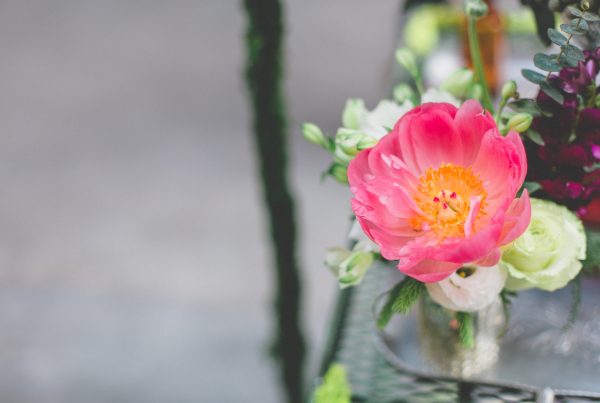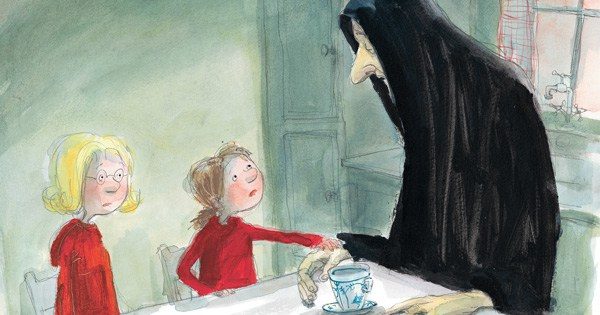For years I grew up watching my stoic, practical father—a reporter of steely nerves—lapse into spontaneous moments of sentimentality over felines. How cats came to occupy this special place in my father’s heart only became clear much later, when I learned that as a child of four he was placed in foster care. On his first day, terrified by his situation, he hid in an outhouse, vowing to stay inside “forever”—oh the steely will of young children!—only to be distracted moments later from his oath by a curious meowing and scratching at the door.
When he shared this memory with me—a memory that included a vivid description of the black cat he befriended that day—it flew in the face of the image I held of my father as somehow having bypassed childhood, having entered the world as a fully-formed adult. It also explained the heightened affection I had watched him show towards every cat he ever met.
Many of us have cats (and/or dogs) in our lives. They mince or scamper around our homes. They watch and witness, and soften us if we let them. They bring out the silly and playful when life piles on top of us. They calm our nerves when we are fretful and structure our days when we are at loose ends. Shaggy Muses by Maureen Adams explores the role dogs played in the lives of five famous women authors “whose lives were more difficult than we would ever have imagined.” From Emily Dickinson to Virginia Woolf, Adams goes so far as to suggest that English literature would be considerably bereft without the supporting presence of these furry companions.
Like several of the writers featured in Shaggy Muses, my father has never been a fan of humans, whom he generally considers a source of supreme disillusionment. (Nothing like being a war reporter to put you in touch with the baser and unwise sides of human nature.) Given the choice, my father will always side with animals—his annual donations to animal causes being one expression of his preference, the plethora of cat-themed cards in our family being another. And why not root for them? As far as I know, no cat has ever been guilty of screwing up the world.
My father’s extreme kitty-love, his utter mushiness in the face of random alley cats, may be odd but it reminds me that it’s in our nature to be vulnerable. We all have a soft spot, apparent to us or not. Among Buddhists, the soft spot is seen as both a wound that has never fully healed and a breach in our emotional armour, a natural opening in the barriers we create when we’re fearful or defensive. I think a soft spot is what makes a person love-able, as in “able to love.” I would never underestimate anything that could bring a scared child to open a door, or that could make a grown man be bravely and demonstratively feeling.
(Photos: Jean Paul Sartre with “Nothing” and Edward Gorey with “Harp, Brown and Company.”)



